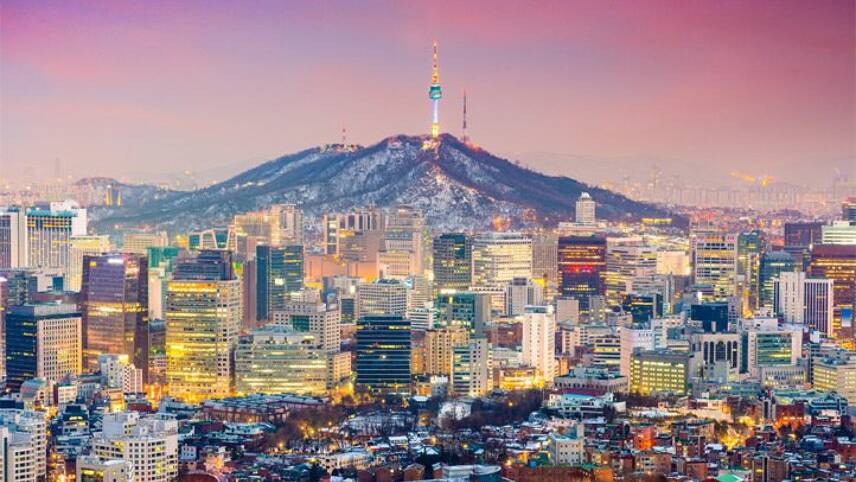Register for free and continue reading
Join our growing army of changemakers and get unlimited access to our premium content

Some 40% of South Korea's electricity generation currently relies on coal
At a speech at South Korea’s national assembly on Wednesday (28 October), the President said that the new climate target would be introduced in the coming months and supported by the Green New Deal.
Announced in July as part of the national stimulus planning for Covid-19, the package earmarks $61.9bn for sectors including renewable energy generation and distribution, electric vehicle manufacturing and charging, low-carbon hydrogen and recycling. It is hoped that some 320,000 “green-collar” jobs will be created in the next two years with this support.
While the Green New Deal was broadly welcomed, some green groups argued that it should be backed up legally-binding, ambitious climate targets.
Moon said in his speech that South Korea must “actively respond to climate change… in line with the international community”. Japan notably pledged to legislate for net-zero by 2050 earlier this week and, previously, the UK, EU and New Zealand have set the same deadline. China, the world’s largest emitter, has committed to reaching peak net emissions by 2030 and to achieve carbon neutrality by 2060.
Responding to the announcement, Solutions for Our Climate’s managing director Joojin Kim said: “South Korea is finally one step closer to aligning itself with the reduction pathway compatible with Paris climate agreement goals.
“However, there is much to be done to make this declaration actually meaningful. The most urgent tasks are enhancing its 2030 emissions reduction target, presenting a clear roadmap to phase out coal by 2030, and putting a complete stop to coal financing.”
The South Korean Government has committed to bringing coal offline by 2040 but, at present, relies on coal for about 40% of its electricity generation. Moreover, its plans for phasing out coal rely more on gas than on renewables.
On an international stage, Solutions for Our Climate, which is based in Seoul, believes that South Korea is one of the world’s biggest financiers of coal projects overseas.
Net-zero movement
As of February, some 49% of global GDP was covered by net-zero commitments by nations, regions and cities.
This was before China, Japan and South Korea made their announcements, so the proportion will have grown in recent months.
Research from Data-Driven EnviroLab and the NewClimate Institute last month proved just how rapidly the corporate net-zero movement has taken off. The organisations’ ‘Accelerating Net-Zero’ report reveals that 1,541 businesses globally have set net-zero targets of some kind, up from 500 in December 2019. During the same time period, the number of regions with net-zero targets rose from 11 to 101, and the number of cities from 100 to 823.
Join the conversation at edie’s Net-Zero Live
There’s less than a month to go until Net-Zero Live 2020. Taking place over three days (November 10-12) in a virtual format, this event includes high-level keynote talks, interactive panel discussions, facilitated networking sessions and educational masterclasses, as well as virtual exhibition booths showcasing the cutting-edge net-zero technologies and services that will shape the decade ahead.
Register now to hear from representatives of Unilever, the Committee on Climate Change, Inter Ikea Group and many more. Click here for registration forms and for the agenda.
Sarah George


Please login or Register to leave a comment.